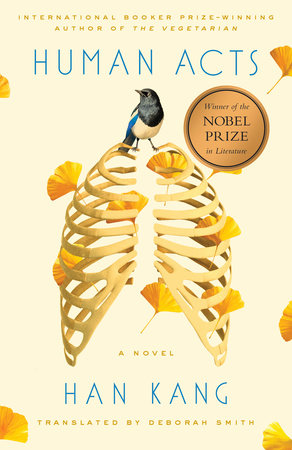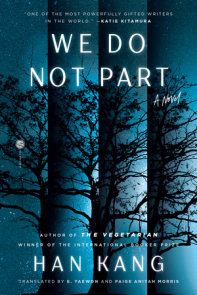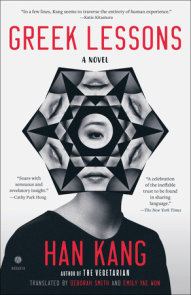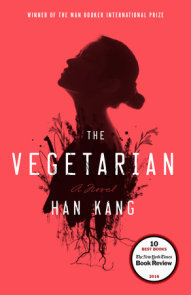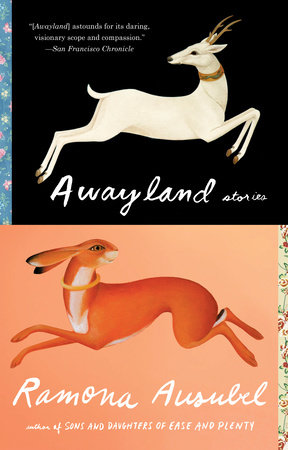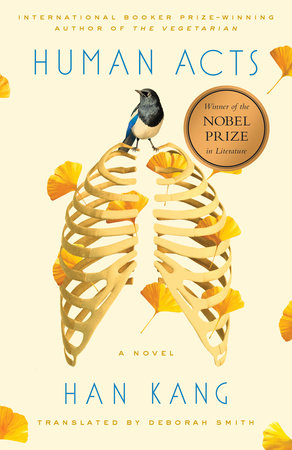


-
$17.00
Oct 17, 2017 | ISBN 9781101906743
-
Jan 17, 2017 | ISBN 9781101906736
-
Jan 17, 2017 | ISBN 9781524703998
404 Minutes
Buy the Audiobook Download:
YOU MAY ALSO LIKE
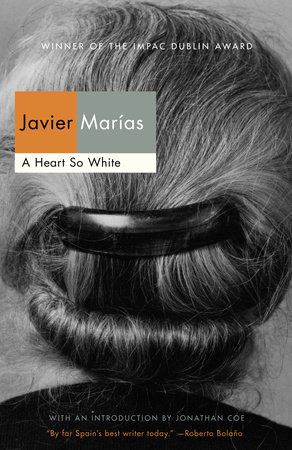
A Heart So White
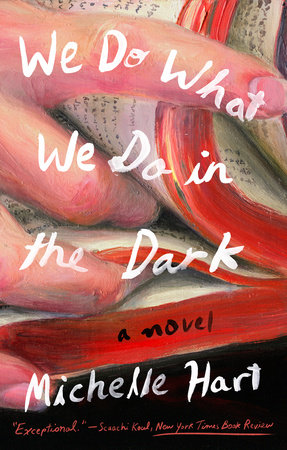
We Do What We Do in the Dark
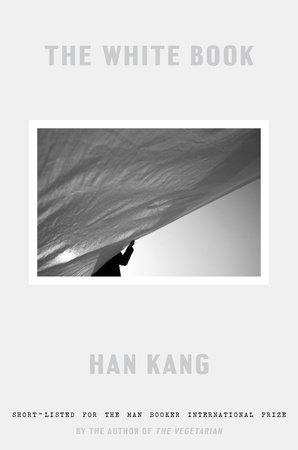
The White Book

The Best Place on Earth
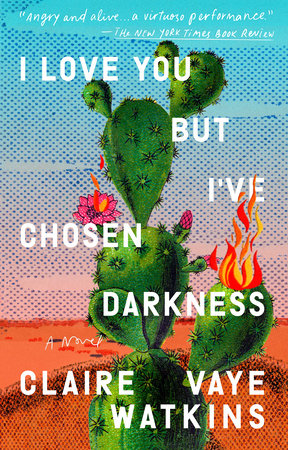
I Love You but I’ve Chosen Darkness

Eleutheria
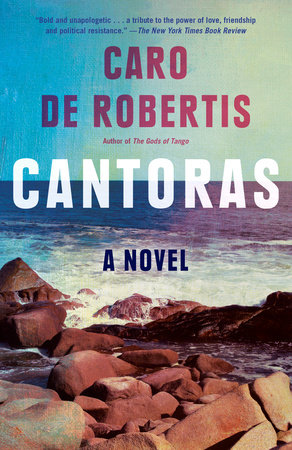
Cantoras
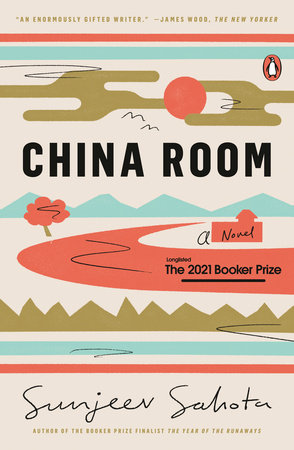
China Room
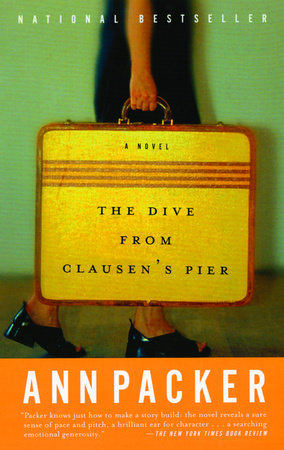
The Dive From Clausen’s Pier
Praise
“Stunning . . . Han Kang has an ambition as large as Milton’s struggle with God: She wants to reconcile the ways of humanity to itself.”—NPR
“Human Acts is unique in the intensity and scale of this brutality. . . . The novel details a bloody history that was deliberately forgotten and is only now being recovered.”—The Nation
“Exquisitely crafted.”—O: the Oprah Magazine
“Human Acts speaks the unspeakable.”—Vanity Fair
“The long wake of the killings plays out across the testimonies of survivors as well as the dead, in scenarios both gorily real and beautifully surreal.”—Vulture
“Engrossing . . . Unnerving and painfully immediate . . . [Human Acts] is torturously compelling, a relentless portrait of death and agony that never lets you look away. Han’s prose . . . is both spare and dreamy, full of haunting images and echoing language. She mesmerizes, drawing you into the horrors of Gwangju; questioning humanity, implicating everyone.”—Los Angeles Times
“Revelatory . . . nothing short of breathtaking . . . What Han has re-created is not just an extraordinary record of human suffering during one particularly contentious period in Korean history, but also a written testament to our willingness to risk discomfort, capture, even death in order to fight for a cause or help others in times of need.”—San Francisco Chronicle
“Where Kang excels is in her unflinching, unsentimental descriptions of death. I am hard pressed to think of another novel that deals so vividly and convincingly with the stages of physical decay.”—Boston Globe
“Absorbing . . . Han uses her talents as a storyteller of subtlety and power to bring this struggle out of the middle distance of ‘history’ and into the intimate space of the irreplaceable human individual.”—Minneapolis Star-Tribune
“Pristine, expertly paced, and gut-wrenching . . . Human Acts grapples with the fallout of a massacre and questions what humans are willing to die for and in turn what they must live through. Kang approaches these difficult and inexorable queries with originality and fearlessness, making Human Acts a must-read.”—Chicago Review of Books
“Though her subject matter is terrifying, her prose is too beautiful, her images too perfectly crystallized to wince and turn away from them. . . . Human Acts is a slim novel weighted with philosophical and spiritual inquiry, but if offers no consolations. Rather, it grapples with who we are, what we are able to endure, and what we inflict upon other people.”—St. Louis Post-Dispatch
“Reading about human acts like these can be excruciating. But true to the urgency conveyed through its frequent use of second-person narration, Han’s book is also filled with human acts involving profiles in courage that inspire hope.”—Milwaukee Journal-Sentinel
“Inventive, intense and provocative . . . a work of considerable bravery . . . Human Acts is a profound act of protest in itself.”—Newsday
21 Books You’ve Been Meaning to Read
Just for joining you’ll get personalized recommendations on your dashboard daily and features only for members.
Find Out More Join Now Sign In






